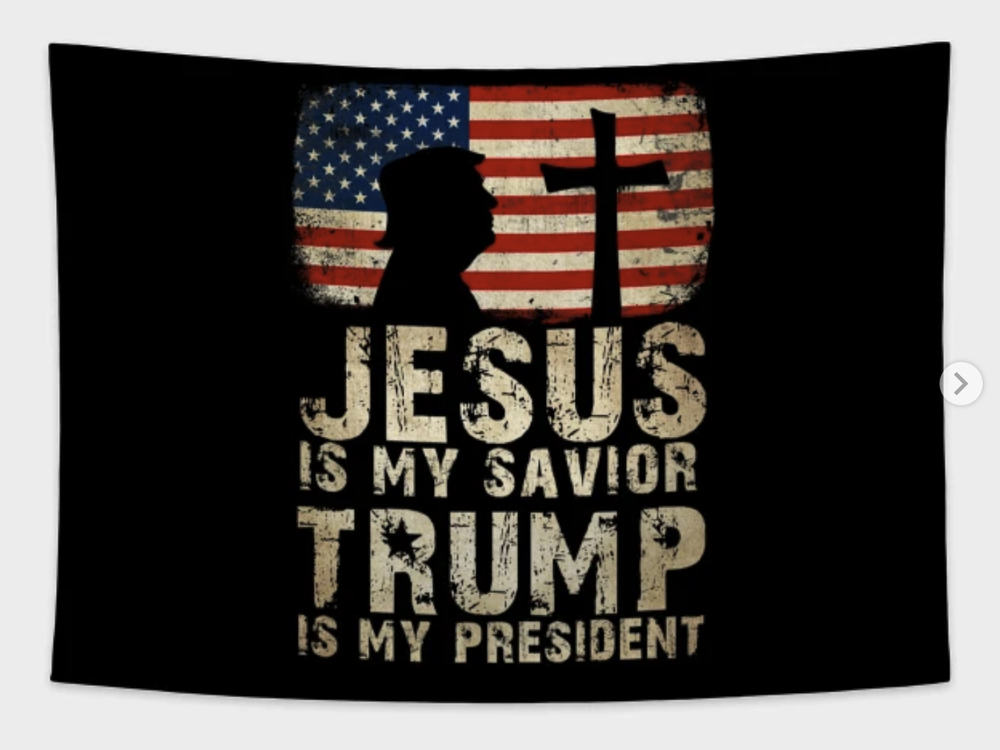One reason the media often fail to “get” American Evangelical Protestantism is that it’s a complex mashup of elements, not simply an alliance of conventional church bodies.
This overlapping empire of nondenominational “parachurch” agencies, colleges, freelance personalities, seminaries, publishing houses and, often, independent congregations is important and over the decades it rallied prominently at trade shows for retailers and broadcasters and the annual National Prayer Breakfast.
The first Prayer Breakfast occurred when President Dwight D. Eisenhower spoke just after his 1953 inauguration. Every president has appeared each year since, joined by politicians and powerbrokers. The idea emerged from private prayer meetings for members of Congress organized by a Methodist minister, but the sponsoring organization evolved into the Evangelical-toned International Foundation, a.k.a. “the Family” or “the Fellowship.”
Though pious participants luxuriated in mingling with the Washington elite at the large prayer assemblage, in Evangelical movement work what mattered most was the networking and punditry at assorted workshops the foundation sponsored in and around the big draw of the Prayer Breakfast itself.
Last week that setup disappeared.
A new sponsoring foundation had President Joe Biden address a cozy gathering for bagel-munching members of Congress who were allowed only one guest apiece. Simultaneously, the older foundation mounted its glitzy gathering where 1,600 enjoyed a ballroom breakfast, watched Biden’s talk by streamed video, then attended the usual array of Evangelical breakout sessions. Here's some Religion News Service background on this awkward two-way split.
The new arrangement symbolizes efforts to limit Evangelical influence upon political leadership. By coincidence, the competing breakfasts occurred as new debate emerges on whether Evangelicals actually have the political impact endlessly attributed to them by fearful opponents.
Pundit Rod “Benedict Option” Dreher raised that newsworthy question in a January 30 post, and in doing so highlighted a highly debatable but significant 2021 article that most journalists missed, including The Guy.










